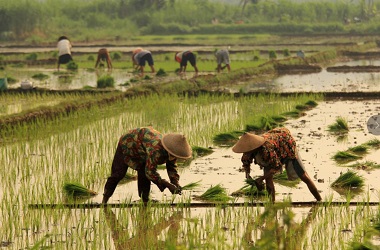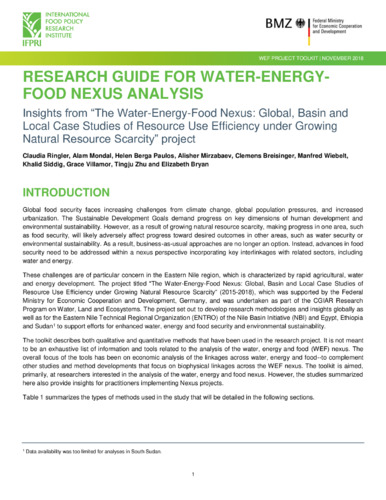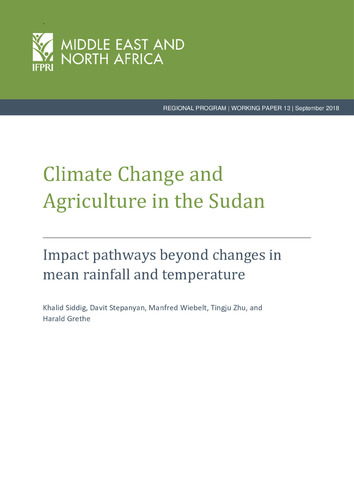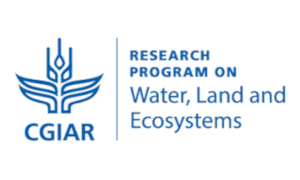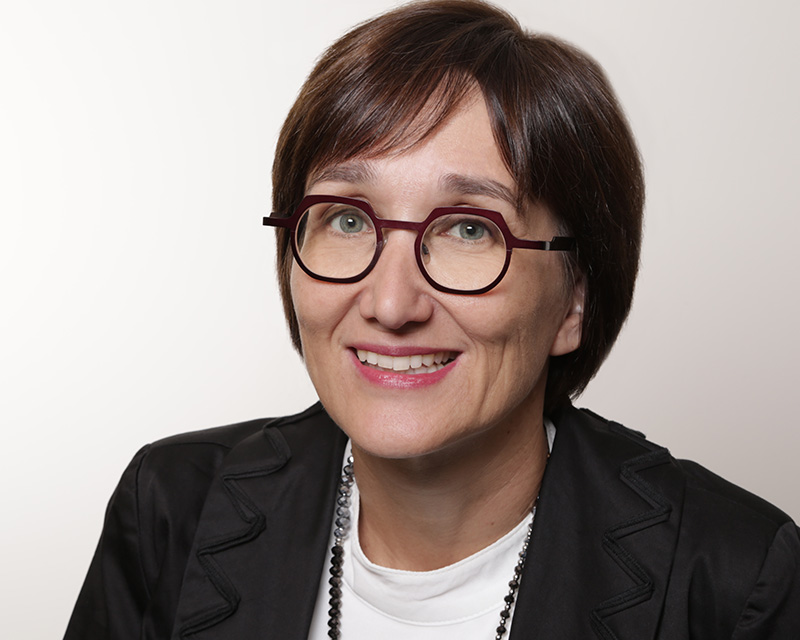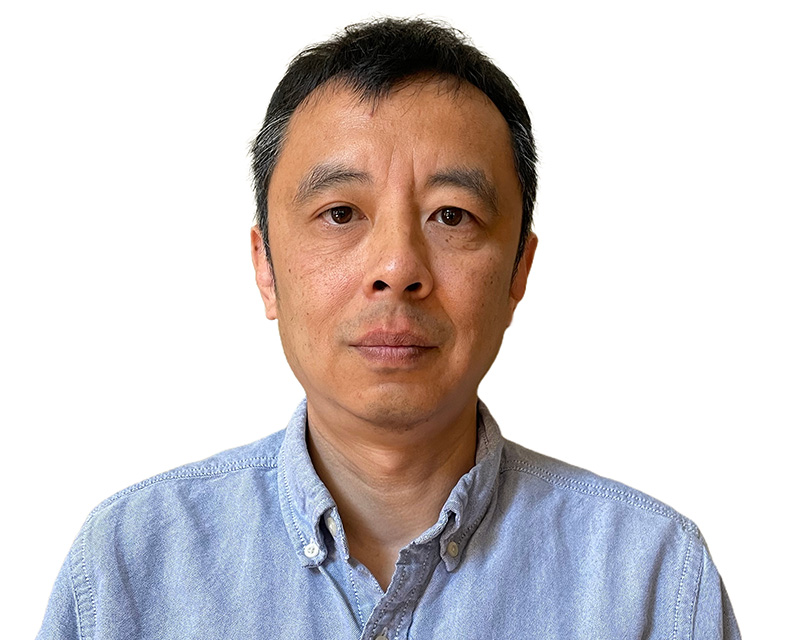What is the challenge?
Water quality is increasingly constraining developing country agriculture and economic growth through adverse impacts on water availability for urban-industrial growth and negative impacts on agricultural productivity. However, little information is available on the relative level of water quality impairment at a more aggregate level or how countries compare with each other. There is also no information regarding which countries rank worst and which countries rank best on agricultural water pollution.
Key research questions
- What are the key water quality stressors in developing countries and which countries rank worst and best in terms of domestic, industrial and agricultural water pollution?
- Which investments can best address adverse water quality outcomes?
Basic information about the activity
This study develops a coarse assessment of water pollution levels and indicators of water pollution based on an assessment of N, P and BOD for all countries and major river basins, based on a collection of domestic/industrial development and agricultural production across the globe that will be fed into a newly developed water quality module of the International Model of Policy Analysis of Agricultural Commodities and Trade (IMPACT). Based on the analytical framework and data, alternative water quality management scenarios will be implemented to identify cost-efficient options that reduce water pollution while contributing to enhanced growth and a better environment.




